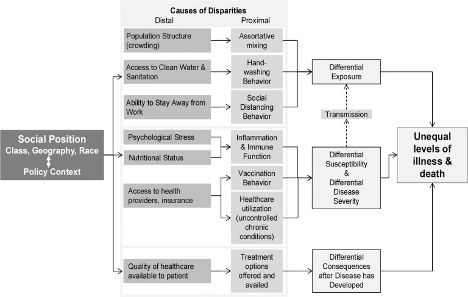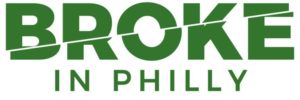The lack of emergency preparedness during a pandemic exposes equity gaps we’ll need to fill for future events.
Nicolette Louissaint, Executive Director of Healthcare Ready, joins ecoWURD radio on WURD’s Reality Check w/ Charles Ellison for a discussion on how prepared the United States is for a pandemic of this scale and how vulnerable communities will be the most impacted.
“One of the trickiest parts of a pandemic is that it impacts every part of society. We’ve trained for this,” Louissaint told ecoWURD. “But, clearly, we’re not ready. We’re working to get there, but we’ve had to pivot and mount. While quarantines are the right necessary health steps, the more vulnerable you are in this society the more impacted you are by inequity, the more impacted you will be by these types of events.”
Health inequality is a major aspect of any outbreak or pandemic, yet it’s been a topic that experts, emergency responders and policymakers have struggled with for years. Researchers Sandra Crouse Quinn and Supriya Kumar looked deeply into health inequalities during a pandemic and laid out recommendations in their study “Health Inequalities and Infectious Disease Epidemics: A Challenge for Global Health Security.” In it, Quinn and Kumar conclude that “Historical accounts of influenza pandemics and contemporary reports on infectious diseases clearly demonstrate that poverty, inequality, and social determinants of health create conditions for the transmission of infectious diseases, and existing health disparities or inequalities can further contribute to unequal burdens of morbidity and mortality.
“Yet, to date, studies of influenza pandemic plans across multiple countries find little to no recognition of health inequalities or attempts to engage disadvantaged populations.”

Another question looms as the world grapples with pandemic: How bad do massive equity gaps get as public health infrastructure is not only strained by pandemics, but by intensified climate events, too?
“If we had a culture of preparedness in our society, our basic emergency preparedness posture would be a bit different,” Louissaint explained on ecoWURD. “What we’re seeing right now is not preparing – it’s in fact hoarding and stockpiling. We don’t really talk about, think about, take measures to prepare communities as much as we should. There will be future events and we have to take this as an opportunity to up our game on how we prepare for that future.”
LISTEN TO THE FULL INTERVIEW HERE

WURD Radio is one of more than 20 news organizations producing Broke in Philly, a collaborative reporting project on economic mobility. Read more at brokeinphilly.org or follow at @brokeinphilly.



